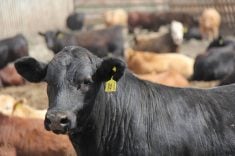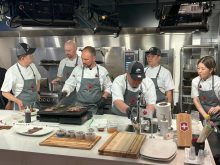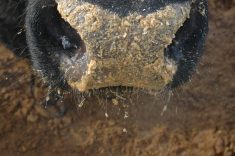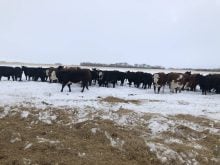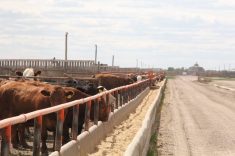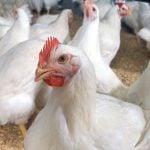Canada Gold Beef Inc. (CGB) shut down the beef line at its SunGold Specialty Meats plant in Innisfail last month. This does not spell the end for CGB but it is a set back for the 19 shareholders who have already invested more than $19 million is this venture. It is also a cautionary tale for anyone who thinks value chains are a smooth road to riches in the cattle business.
The producers who own CGB obviously believe in the potential of the value chain to earn a premium price by shipping a quality product from their farms to the consumer s plate. They ve even had a taste of it. But they ve also run up against the bitter realities facing small players who try to reach overseas to find those premium markets.
Read Also
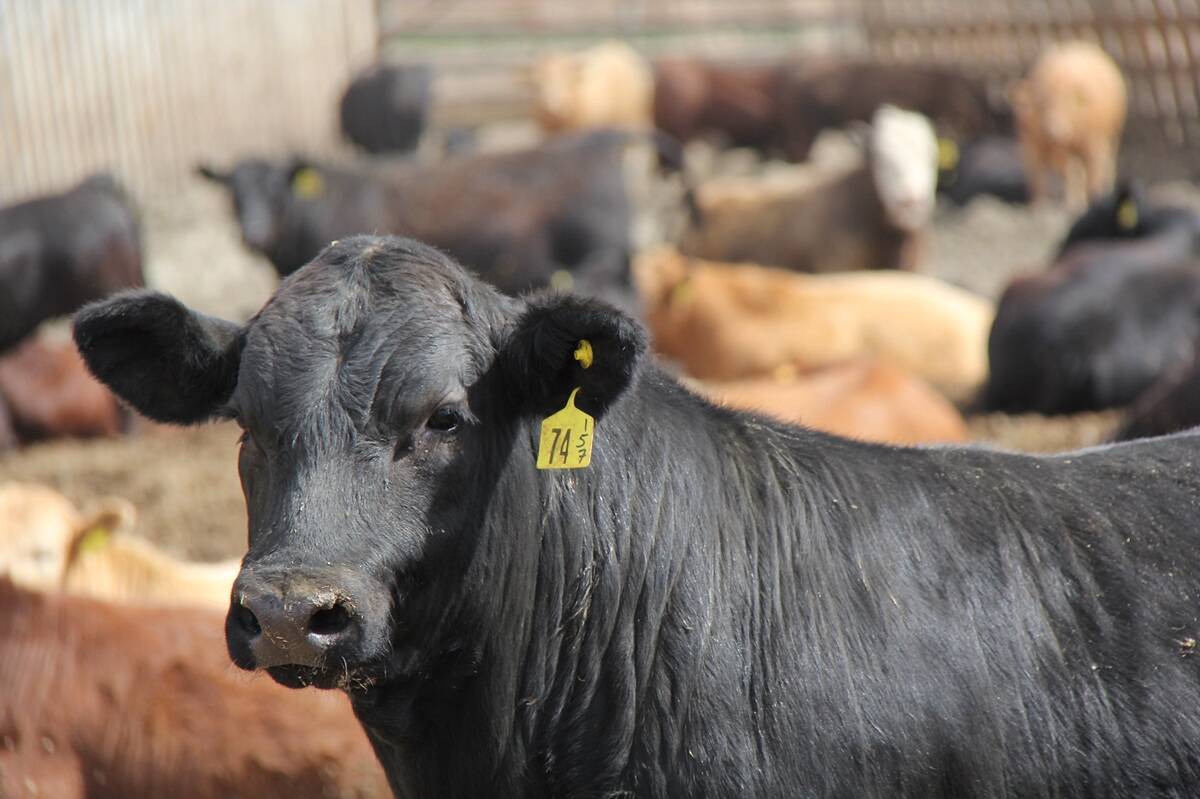
Mycoplasma bovis in beef cattle causes more than pneumonia
M. bovis causes pneumonia and is a major cause of infectious arthritis in calves and feeder cattle
You might think they were victims of our shrinking cattle numbers, but that wasn t the case this time. As CGB chairman Rick Paskal explained in announcing the shutdown, it wasn t that simple.
They have the cattle. With the EU opening up they paid a premium to cow-calf producers in the chain for hormone-free calves. That amounted to $40 to $50 a head on the 16,000 eligible cattle enrolled to date.
European Union (EU) regulations formed the first hurdle. CGB had Europe in mind when it bought the SunGold plant from Sunterra Meats in July last year. The plant was set up to process lamb, bison and beef but even more important it was EU accredited. Unfortunately it required another $1.5 million to meet current Canadian Food Inspection Agency (CFIA) requirements to retain that accreditation, and the demands of interested overseas customers.
The other big hurdle was labour. They couldn t attract enough skilled workers to Innisfail so they turned to the Temporary Foreign Worker Program, but everyone they hired needed extensive training to supply the cuts demanded by European customers. Despite installing the best fabrication machinery available the plant still struggled to supply the proper cut and trim specs.
To make it work they had to sell a container a week (180 head) at a premium price to Europe. For a time it seemed that it was going to work out. Their agent in Europe quickly tapped into a demand for Canadian grain-fed beef, selling up to 50 containers to different clients in Denmark, Germany, Italy and Belgium until the import quota became too expensive.
Canada was given access to the 20,000-tonne high-quality duty-free quota as compensation for the EU ban on hormone beef but Pascal was shocked to learn countries that had no claim to compensation could also access this quota. In hindsight, he said in his announcement, if CGB would have realized that the agreement the Canadian government negotiated allowed other countries to piggyback onto our compensation agreement& then CGB would not have made any investment in this area.
To make matters worse he says the EU offers the quota to large importers who simply flip it to legitimate beef importers. Quota is currently trading for 50 cents a pound, an amount that pretty much squeezes CGB s product out of the market.
Instead of just talking about the benefits of value chains, Paskal believes it is time government and industry got involved to give fledgling organizations such as his a chance to become established in overseas markets.
Specifically, he would like to see some progress in the negotiations to write a more realistic import protocol for EU beef shipments. CFIA s current protocol goes beyond what is required of Australian and U.S. exporters, resulting in unnecessary costs and delays for Canadian firms.
He would also like to see the rules for the Temporary Foreign Worker Program softened on the temporary part. When work permits are restricted to six months or a year you end up with a high turnover. At that rate you just get someone trained to do the job and they have to leave.
He s also looking for government and industry to back up producer-run value chains with money. The beef industry of Canada wants to get into other profitable sustainable markets, but their direction on where they are committing funds is not proving in my opinion, to give a good return on those funds, says Paskal. More of a focus must be put on a value chain s ability to execute on every aspect of production.
(We) put our best foot forward, but we cannot carry all the aforementioned challenges on behalf of the beef industry on our own, he said.
In the meantime, CGB has cut its work force and will processing lamb and bison and custom kill enough cattle to satisfy its growing list of domestic customers. They know they can do well in Europe too, but it will take more than a first-class product.
———
Timetodecide ifwearean exporting nation!



